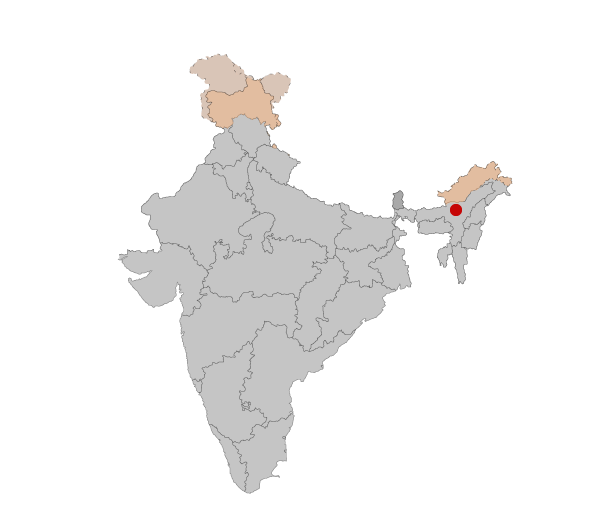
M was employed by the government and acted as the village head for parts of two or three villages. His wife wore a bright orange and black saree and a wide smile, while his teen daughter took care of odd chores like pumping water and cleaning the coop. They had built a functioning toilet at the back of the house. M’s grandfather came to Assam from Bihar with his six brothers in 1919, looked for flat land and then cleared away some jungle and began their new lives after forming a new village with all the other people they had met on their way. M had a coop of chickens and owned some cows as well as a pond full of fish being bred for sale. Another pond lay behind their house, but this one was in disuse following a family dispute. The edges of the disused pond were lined with mango trees which M’s grandfather had brought with him from Bihar.
Four years ago, M started breeding freshwater fish from eggs brought from Calcutta.Rohu and carp fish swam the length of the pond and once fully grown, were sent to Meghalaya to be sold.
The position of village head in the village was passed on from father to son, and we were curious to know what villagers thought of their pradhan, given that he isn’t elected. The man we asked said that he was good. The villagers wouldn’t change him even if they could.


